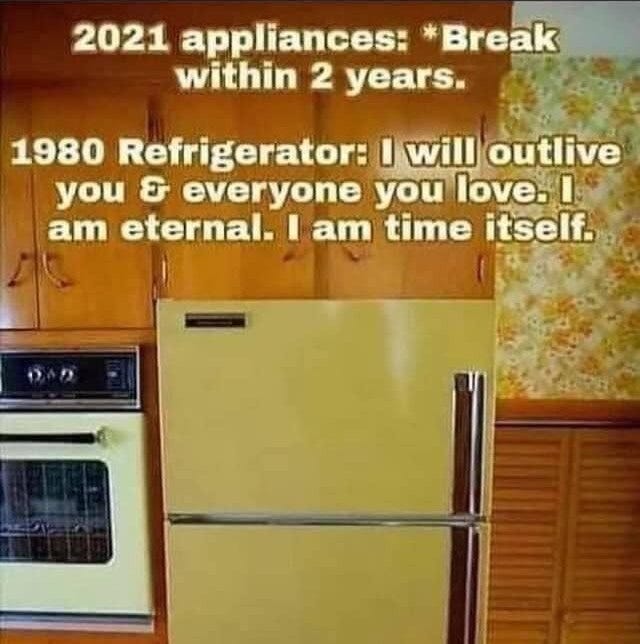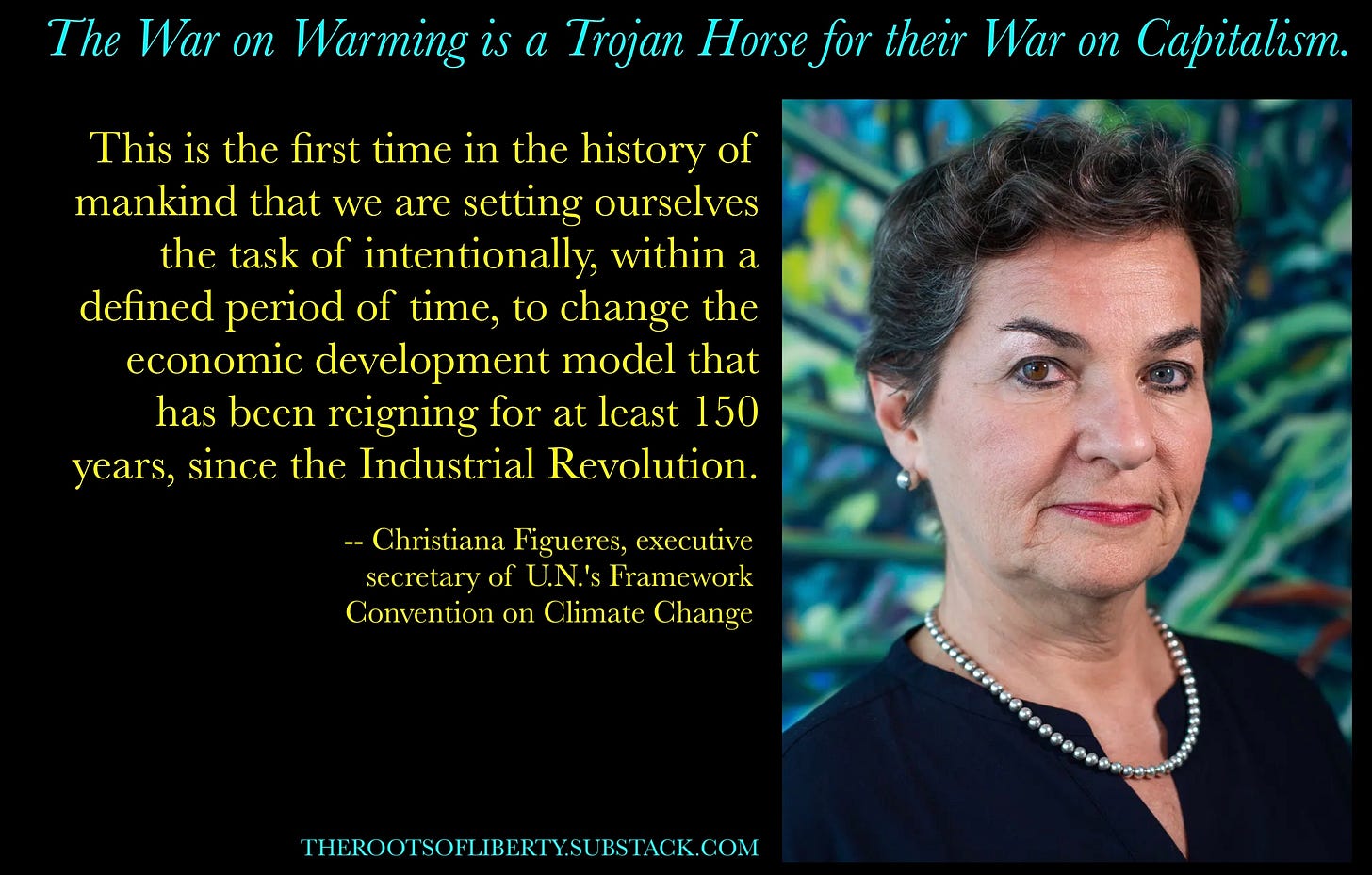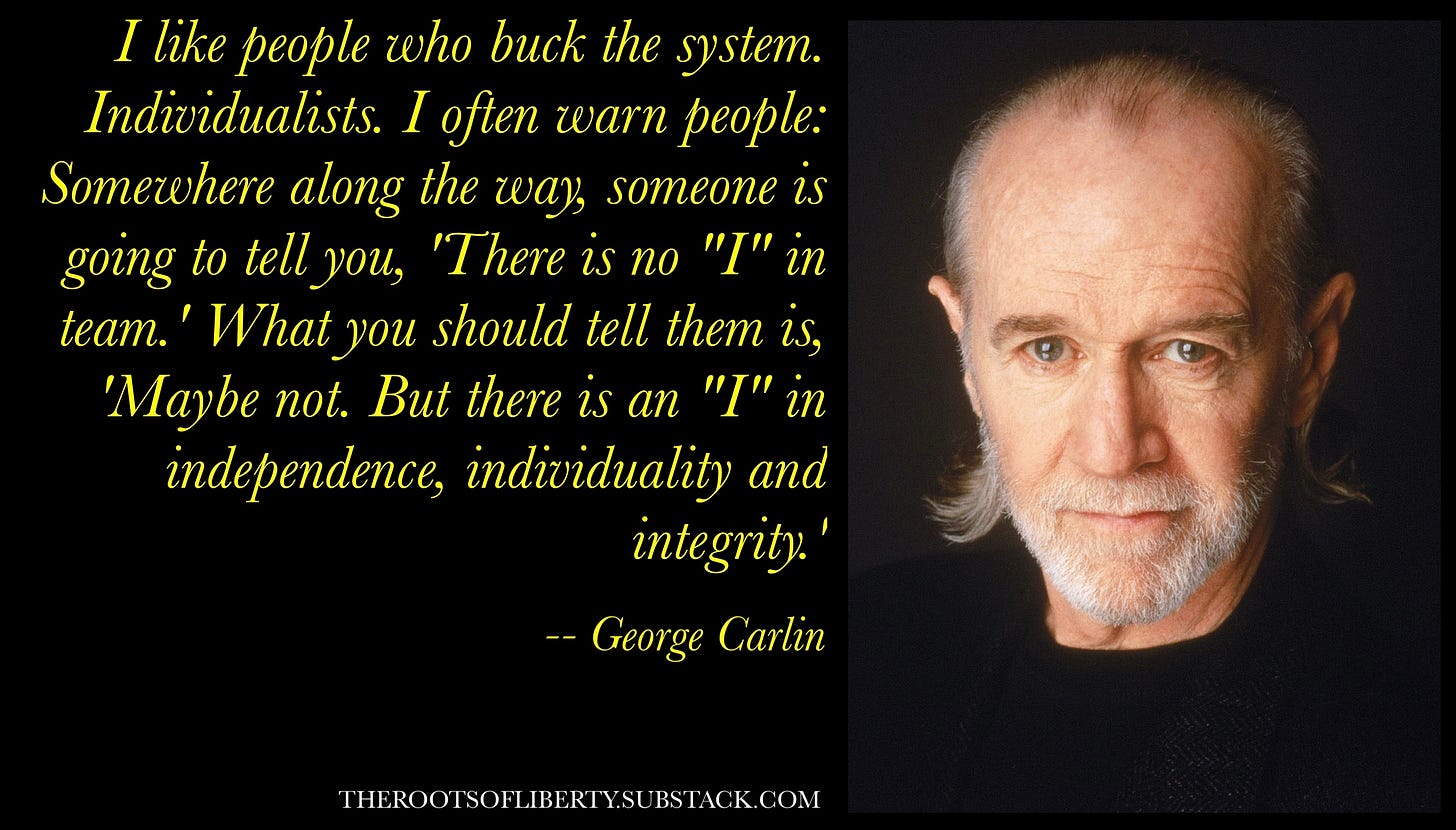The other day, while doing a crossword puzzle, I came across the clue "domesticate."
The answer turned out to be "break."
In one of those random-connection moments that I expect will elude Artificial Intelligence and its programmers for quite some time, that clue-answer combination popped into my head as I pondered the ins and outs of my programmable thermostat. Or, more specifically, the energy-saving program I agreed to, where the local utility can adjust my thermostat during periods of high demand. That I can change it back if irked in a particular instance is, along with the seventy-five promised bucks and a lack of aversion to cost savings, why I accepted the offer.
That choice (and it was a choice, made freely in response to an incentive) stands in contrast to a whole lot that this Administration has been doing in the name of energy efficiency and (purported) cost savings for consumers. I speak of new efficiency standards for such things as gas furnaces, gas-fired water heaters, gas stoves, refrigerators, air conditioners, dishwashers, clothes washers, pool pumps, battery chargers, ceiling fans, dehumidifiers, and more.
These new mandates purport to save consumers mucho bucks in energy costs, for which, I suppose, we are expected to be grateful. Efficiency, however, is one of those words that sounds great in the generalized sense, but has many devils in the details. There are competing interests at play - what the government desires (or at least claims to) is a reduction in carbon emissions. The Quixotic blindness of this brute-force approach to global warming remediation is a topic I've addressed many times on these pages, and every iteration seems to affirm that the government's real interest is more sinister than its purported goal, but hold that thought. What the government considers efficient is not necessarily what you or I might. If my new, efficient water heater saves me a few bucks a year but costs me twice up front, will I recover the extra initial cost over its lifespan? If my new dishwasher does a lousy job compared to my old one, meaning I'm more apt to need to pre-rinse or otherwise prep my dirty dishes - or if it takes three times as long - am I better served? If my washer doesn't get my clothes as clean, or if a wash cycle takes longer, who does its greater energy efficiency serve?
This coerced adoption of government's preferences isn't limited to appliances, of course. We are being herded toward electric cars, with a push-pull combination of financial incentives, mandates, requirements imposed on gasoline cars that make them more expensive, and market distortions imposed via such mechanisms as fleet efficiencies. Drilling restrictions, new "pollution" rules, and other means of cajoling and coercing industry - and by extension, you and me - to electric everything are deluging from the Executive Branch.
You and I can (and often do) squawk about this, and we can engage in small forms of civil disobedience, but the government is both ubiquitous and relentless. It takes time and persistence to sweep back this tide, and most of us have neither in sufficient quantities to do more than a little. Come time for a new car, the options are only what's available, and while we can work to keep our existing cars and appliances alive as long as possible, nothing lasts forever.
Except a 1980s era refrigerator, that is.
Human history has been a tale of individuals seeking to live as they wish, vs collective structures seeking to making those individuals submit to those who'd rule them. Kings had subjects. Lords had serfs. Both subjects and serfs were taught from a young age that their roles were obedience, with rebellion dealt with in various (often violent) ways. Organized religions taught (and teach) the same lesson: submission to a higher authority. This "value" is pursued via multiple paths. Fear is one. The setting of rules is another.
Who do rules serve?
If you are to believe our Best-and-Brightest, it's us. Stuff done by them to us for our own good.
But the problem with rules... was that they implied a right way and a wrong way to do things. When, in fact, most of the time they were simply ways, none of them quite wrong or quite right, and nothing to tell you for sure what side of the line you stood on. -- Celeste Ng
The government's rules serve the agendas of those in charge. Sometimes we get lucky, and those in charge retain some vestigial memory that they are public servants, not lords and masters, and we get rules that serve us (e.g. protections for our liberties. See: the Bill of Rights). Most of the time, though, their rules serve their ends, not our pursuits of happiness. In imposing more and more rules, they bend us to resignation. As in, you can't fight City Hall.
The goal is, indeed, submission, and the reflexive obedience that comes with it. Just as a "broken" horse deigns to be ridden, driven, and spurred, a "broken" citizen doesn't object to the constant stream of infringements on his right to live his life as he wishes.
We may be prompted by the binary nature of our political system and society to cast exclusive blame for these bonds of obedience on the other team, but the real divide is between those who would control (and their willing serfs) and those who wish not to be controlled. The former populate both major parties. The latter are the targeted enemy of the Best-and-Brightest, and breaking of their will is the real goal.
Thus, the innumerable ways our lives are made poorer by regulation.
Thus, the resistance to global warming remedies that would allow us to live our lives as we have been living them.
If humans perceive an easy technological fix to global warming that allows for 'business as usual,' gathering the national (particularly in the United States and China) and international will to change consumption patterns and energy infrastructure will be even more difficult. -- Rutgers University environmental scientist Alan Robock
Thus, the vilification of capitalism, the only economic system out there that grants freedom to individuals.
The real goal of most government actions is societal conditioning, and that conditioning has at its core obedience. Set a rule, expect it to be obeyed without resistance, and presume that it'll make "society" better. If the rule doesn't work, then the fault must lie with those who don't submit, not with the rule itself. The rule is rarely found at fault, and when it is, it gets retooled rather than rescinded.
The worse the society, the more law there will be. In Hell, there will be nothing but law, and due process will be meticulously observed. -- Grant Gilmore.
Remember the "OBEY" posters that appeared all over the place some time back?
They were the brainchild of artist Shepard Fairey, who intended them to convey "the idea that there are forces all around us that have agendas, but they are frequently unspoken."
The independent spirit that built this nation and raised the prosperity of both its citizens and the world as a whole stands in direct conflict with those who'd control us. That spirit, left untamed, represents a continued threat to them. Constantly fighting it is hard. Breaking it is easier. It requires just two things: pressure and time.
Fortunately, that can work both ways. Persistent resistance to infringements of our liberties, our right of self-determination, and our freedom of action, both personal and commercial, may be hard, but it's necessary.
The alternative is hell on earth, where we are expected to bleat “Thank you sir, may I have another!”









Become ungovernable.
Great piece Peter. Somewhat coincides with my most recent piece.